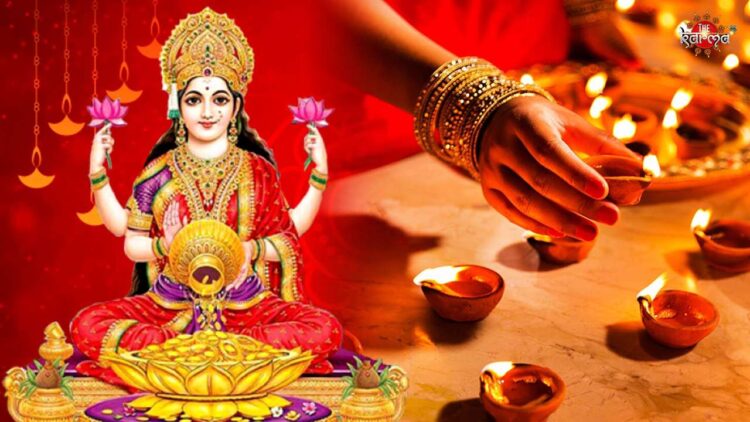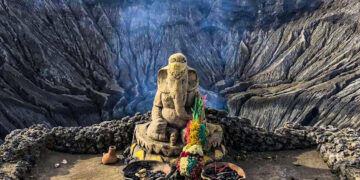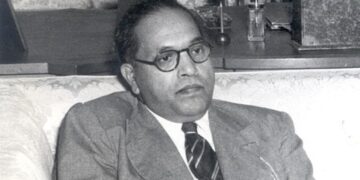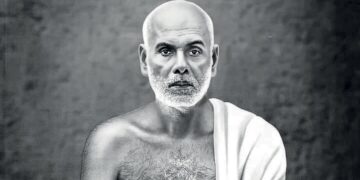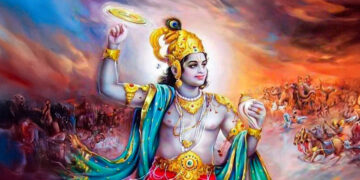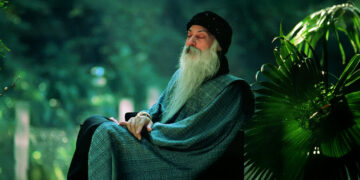Why did we light earthen lamps on Diwali? You will say that Maa Laxmi roams in the whole world that night. To make Maa Laxmi please only, we decorate our homes with the lights of the earthen lamps on Diwali night.
But, today, ‘The Karma’ is going to tell you about such a story that will change your mind completely. The story of lighting an earthen lamp on Diwali night is not related to Maa Laxmi in any way but to a demon king named Bali. The Karma is going to tell you this based on the stories of Mythologies that we light diya due to getting afraid of Daityas and Rakashas. Moreover, we light diya on Diwali night because Demon’s king Bali comes on the earth to rule it.
Aren’t you surprised? Actually, you must have heard many types of stories regarding Diwali, which list is very long if it comes to telling. But, today, we are going to tell you such an interesting story related to Diwali that is directly related to Puranas. So friends, today, ‘The Karma’ will tell you about another concept of celebrating Diwali based on Skanda Puran and Bhavishya Puran.
According to the story of Vaishnav khand of Skanda Purana, when the demon king Bali captured all three lokas, all the deities started wandering here and there. Then, all the gods requested Lord Vishnu to snatch the reign of all three worlds by defeating King Bali. And Lord Vishnu incarnated as a Vaman to seize the reign of three Lokas from king Bali.
According to the story, when king Bali was performing Yagya, then Bhagwan Vishnu visited there as a dwarf or a Vaman. Vishnu asked king Bali for three-step land as a donation. The generous King Bali donated three steps of land to Lord Vishnu. After this, Lord Vishnu, who was Vaman, made himself so huge that all three worlds were visible inside him. Lord Vishnu’s incarnation Vaman Dev measured heaven and the earth in his first step only, and in his second step, he measured the rest of the world. At the request of King Bali, God placed the third step on King Bali’s head.
After this, Bhagwan became so happy with the generous demon king Bali and told him to ask for a boon. Demon king said while asking for the boon that- I have donated my land to you willingly, and you Bhagwan Vishnu’s form Vaman also has measured that land with your three steps within three days. Because of this, I want to rule over the three worlds for three days in every year from then onwards. At that time, whoever would do deep-daan on the earth or light the earthen lamps, your wife, Laxmi would stay in that house.
Then, Vaman dev made Bali the king of Patal Loka. He also gave him the boon to be immortal till the end of the era. Due to the generosity of king Bali, Vishnu permitted him to travel across the Prithvi loka for three days from the day of Chaturdashi in Kartik month. Because of this, King Bali resides on the earth for three days, just one day before Diwali, on the day of Diwali, and till the next day of Diwali, and he is called the king of the earth.
Here, let me tell you one thing more, that king Bali comes to the earth just a day before Diwali; he does not come alone on the earth, but with his demon army too. It says about Bali that he is a very kind king. Hence, in the happiness of his arrival, he is welcomed by lighting the diyas in the whole house. People try to please him on this day, and it is no less than any festival.
But, according to the Bhavishyat Puran, Raja Bali comes along with many other Daityas and Rakshas, who are of wicked nature; so, to stop him from doing any chaos, lights are lit so that people can protect themselves.
According to Bhavishyat Purana, the night of Diwali and the next day of Diwali is called Bali Pratipda also. Whatever mood one is in on this day, he remains in that mood throughout the year. As you know, it is said about New Year in Europe that if you are happy on the first day of the year, then you will be happy for the whole year; and if you cry on that day, then you will cry throughout the year.
Therefore, one should always be happy in the New Year. Actually, Europe has stolen this tradition from the tradition of the Sanatan Dharma of India that whatever mood you have on the day of Diwali remains the same throughout the year.

